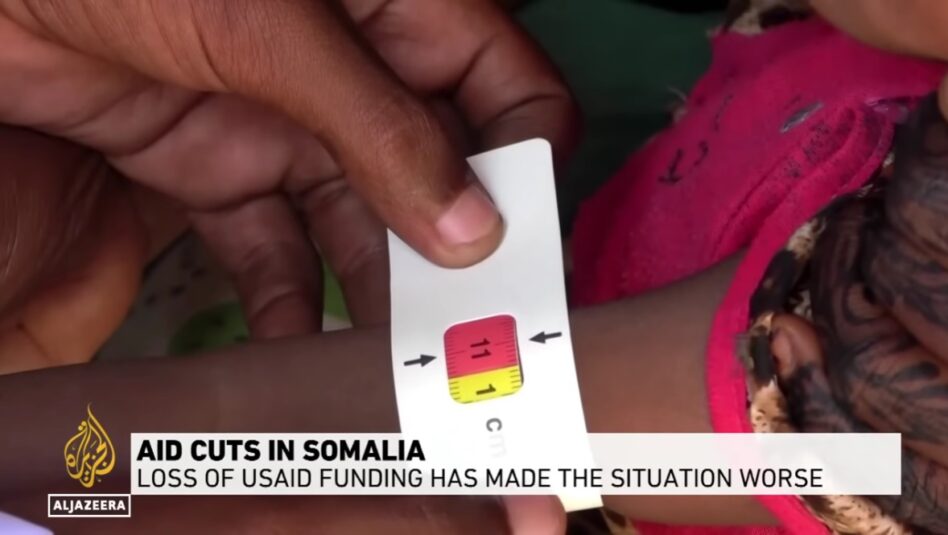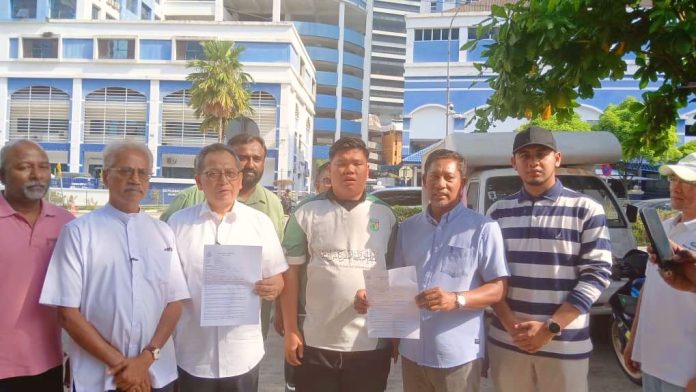THE energy industry will be able to respond to new challenges with emerging technology and collaborative tools by adopting an agile project management approach, said Petroliam Nasional Bhd (Petronas) president and group CEO, Tengku Muhammad Taufik Tengku Aziz.
He said it was imperative for the industry to develop digital capabilities and nurture project delivery leadership skills that were defining the new way of working.
“Driven by urbanisation and rising digitalisation, it is pivotal for businesses to make the switch to provide technology-driven solutions.
“With increasing interconnectivity, project managers can build teams from across different countries by enabling centralisation of data as well as leveraging on communication technology and project management tools,” he said in his welcoming address at the inaugural International Project Management Conference (IPMC) 2020 today, themed “Beyond Projects: Embracing New Era”, which was held virtually and hosted by Petronas.
On the theme, Tengku Taufik said it was an important signal that project management must step beyond the conventional practices to thrive a new landscape.
“The energy industry is vulnerable to cyclical swings and I believe we should never waste a crisis. The challenges we face today must be seen as an opportunity to shift towards greater projectisation of organisations, in what is coined the Project Economy,” he said.
Tengku Taufik added that technology played a key role in unlocking further value and delivering sustainable project management solutions.
Petronas, he said, had a strong foundation in place to be a data driven and digitally-enabled organisation, committed to upholding project delivery excellence.
Meanwhile, on the sustainable front, he said Petronas had also taken deliberate steps to balance environment, social and governance for more sustainable practices in its project.
Among the green projects currently in progress is the Petronas Leadership Centre 2.0 in Bangi, which is scheduled for completion in the third quarter of next year.
According to Tengku Taufik, rapid urbanisation and increased awareness on sustainability and climate change have made way for new businesses to emerge and shape new stakeholder expectations and today, these challenges are further heightened by the COVID-19 pandemic.
“As we speak, the pandemic has pushed the world into the biggest peacetime recession of the century. In April 2020, approximately four billion of global population were lockdown and at peak 81% of 3.3 billion global workforces had their workplace fully or partially closed. This has resulted in more than 25 million job losses recorded, amounting to a staggering US$419 bil of revenue lost,” he said.
“Global lockdowns in efforts to curb the spread of the virus, had also led to an exponential decrease in energy demand which was expected to fall by 6% in 2020, seven times the decline after the 2008 global financial crisis,” Tengku Taufik added. – Dec 1, 2020









